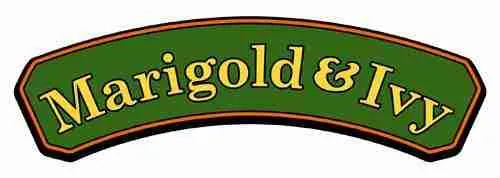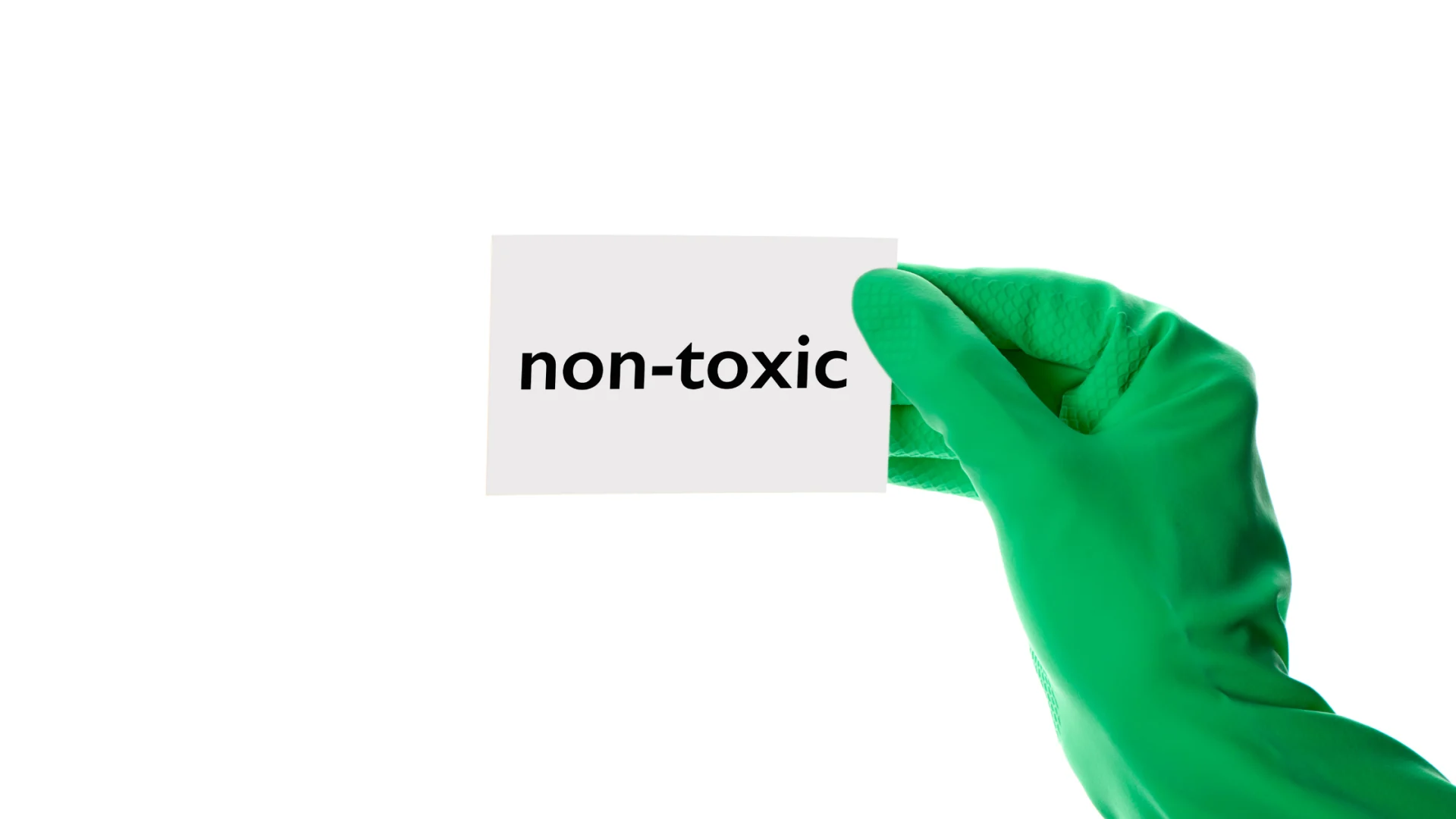Do you opt for non-toxic cleaning agents whenever you shop for cleaning products? Are you aware of the dangers of toxic chemical-based cleaning products?
Many households use toxic chemical-based products rather than non-toxic cleaners to clean their home. If you also do the same, your family is more exposed to dangerous chemicals that may harm your health.
As per the American Lung Association, most ingredients of mainstream cleaning products can cause headaches, irritate eyes or throat, and even lead to respiratory problems and allergic reactions.
Afraid to experience the same? Here are ten non-toxic cleaning agents to use for cleaning your home.
10 Non-Toxic Cleaning Agents
Non-Toxic Cleaning Agent 1 – Baking Soda
You can use baking soda for many cleaning tasks: from cleaning the oven and stovetop in your kitchen to cleaning the bathtubs and toilets in your bathrooms.
Baking soda can also clean stains on clothes by soaking them in water and baking soda overnight.
For big house messes, you may need to use other non-toxic cleaning agents such as vinegar, essential oils, and hydrogen peroxide with baking soda. Combining these products makes a powerful cleaner.
Read our article – How to Use Baking Soda and Vinegar to Clean a Drain to learn how to use baking soda and vinegar to clean drains.
Non-Toxic Cleaning Agent 2 – White Vinegar
White vinegar is not only beneficial for cooking. The acid properties of the solution make it a versatile cleaner and disinfectant.
You can use it to clean the windows and fridge, eliminate mold, and remove stains on the sink, bath, and other surfaces.
Are you looking for a safe, non-toxic cleaner for your jewelry? Read our article – Does White Vinegar Clean Jewelry? How to Revive Your Jewelry’s Radiance.
Non-Toxic Cleaning Agent 3 – Hydrogen Peroxide
Hydrogen Peroxide is widely used in healthcare facilities and at home for cuts and open wounds. However, did you know it’s one the best non-toxic cleaning products ever made? It can clean countertops, kitchen sinks, sponges, bathroom floors, and other areas of your home.
Hydrogen Peroxide deodorizers, disinfects, and clean surfaces. It’s also anti-fungal, antibacterial, anti-mildew, and anti-mold.
Read our article – Does Hydrogen Peroxide Clean Grout? to learn how to clean the grout in your house using hydrogen peroxide.
Non-Toxic Cleaning Agent 4 – Lemon Juice
Lemon has acetic properties like vinegar. Hence, you can use it as a replacement when vinegar is unavailable, or you don’t want the potent smell of vinegar. If you wish for a fruity scent in the house, opting for lemon juice is best.
Lemon is a natural antiseptic and antibacterial. It is great as a natural cleanser, and its scent refreshes and energizes the house.
Some of the many uses of lemon juice are polishing kitchen items, removing odors, and removing yellow stains.
Non-Toxic Cleaner 5 – Borax
Are you looking for non-toxic washing detergent? Try borax. It may not be as powerful as regular store-bought detergent, but the product is a popular booster for laundry detergent.
Borax has a 9.5 pH level (slightly alkaline), which makes it a versatile cleaner around the house.
Besides making your clothes look great, you can also use it to clean tile floors, get rid of bug infestations, clean the dishwasher, prevent mildew build-up, and more.
Non-Toxic Cleaner 6 – Rubbing Alcohol
Rubbing alcohol kills microbes on floors, cars, computers, phones, keyboards, and industrial machines.
However, when you’re cleaning the house with rubbing alcohol, make sure to keep the room ventilated or open the windows. It’s also advisable to use a 90% IPA solution when using rubbing alcohol to clean electronics.
Non-Toxic Cleaner 7 – Essential Oils
Essential oils are not necessarily non-toxic cleaning products alone, but you can add some of them to your DIY cleaning product recipes.
By themselves, some can work as deodorizers and disinfectants. They emit pleasant smells, making your house smell good.
Non-Toxic Cleaner 8 – Boiling Water
Like essential oils, boiling water is used as part of homemade cleaning recipes. It is most effective when making a cleaner that includes baking soda, vinegar, lemon juice, etc.
Boiling water in a kettle or floor steamer can also sanitize surfaces.
Non-Toxic Cleaner 9 – Salt
If you are buying non-toxic cleaning products in bulk, don’t forget to add salt to your shopping list. Salt is a popular natural cleaner and used since time immemorial.
You can use salt as is or pair it with equally useful cleaners like vinegar. A bit of salt, vinegar, and some boiling water down the drain can break down bad smells, food particles, and grease.
Non-Toxic Cleaner 10 – Cream of Tartar
Cream of tartar is a substitute for household bleach. If you don’t like the chemical ingredients found in regular bleach, feel free to use cream of tartar.
Pair it with water or vinegar and use it anywhere you normally use bleach. Mix with a few drops of hydrogen peroxide, and clean your greasy and stubborn pots and pans.
Conclusion
Many household cleaning products contribute to health issues like cancer, asthma, heart disease, and hormone disorders.
If that’s not disastrous enough, what makes everything even worse is that some products are not tested or meet certain safety standards before being sold.
The good thing is that you can avoid this situation by choosing non-toxic cleaning agents or having a non-toxic cleaning company clean your home.
Natural cleaners and non-toxic cleaning services will ensure your home is safe for you and your family.
To learn about non-toxic dish soap alternatives, read our blog post – 10 Non-Toxic Dish Soap Alternatives

